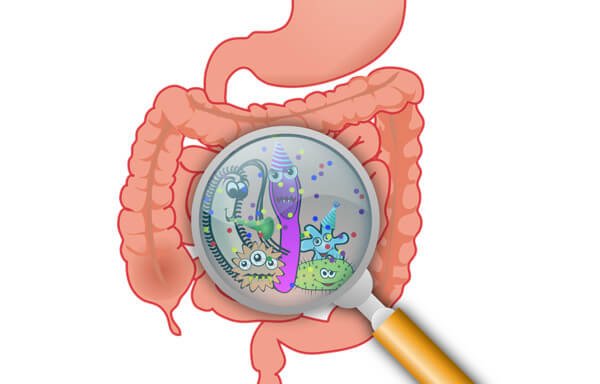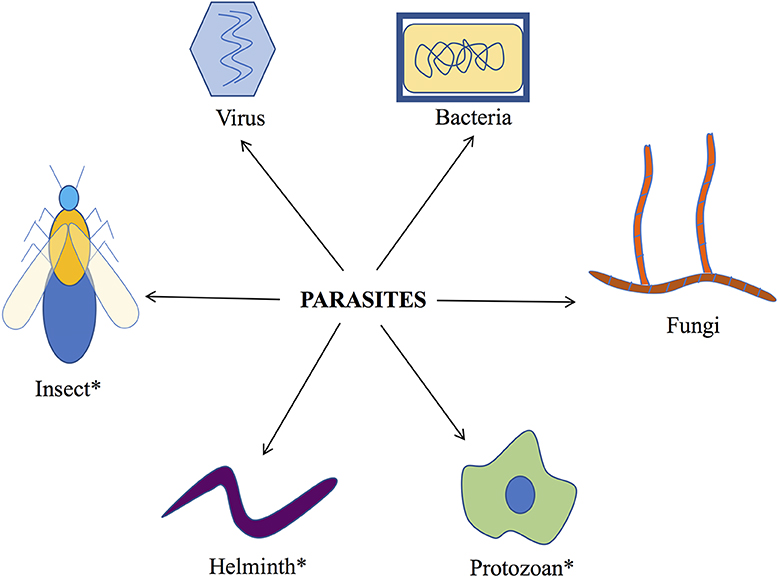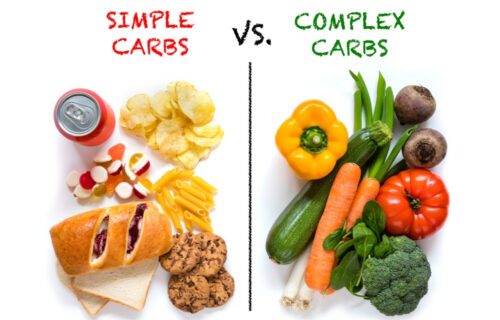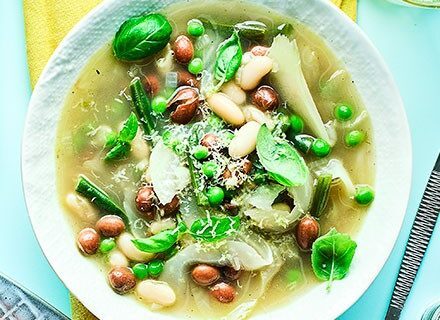
Gut Bugs?
Intestinal parasites
Parasitic infections, as unpleasant as they sound, are much more common than you think. Often, they are to blame for the various health issues we suffer from.
Many people are unaware that they are suffering from a parasitic infection and it could be a contributing factor to many chronic health problems. If you are suffering from a parasitic infection, it’s best to look out for the main signs and symptoms in order to start being treated.
Overview
A parasite is an organism that lives by feeding off another organism, often called a host. Parasites can cause harm to the host by feeding on it or consuming some of the host’s food, resulting in a range of unpleasant symptoms and health conditions.
Intestinal worms, also known as parasitic worms, are one of the main types of intestinal parasites. Common types of intestinal worms include:
- flatworms, which include tapeworms and flukes
- roundworms, which cause ascariasis, pinworm, and hookworm infections
How do you know you have a parasite?
Parasites release toxins into your bloodstream and this may cause symptoms similar to various gastrointestinal conditions.
Additionally, some intestinal parasites are large enough to be seen with the naked eye and may appear as white thread-like creatures in stools.
While some parasites don’t cause noticeable symptoms, some grow, reproduce or invade healthy functioning systems, making their hosts sick, resulting in parasitic infection. For instance, some parasites may consume your food and leave you hungry after meals, resulting in an inability to gain weight. Others may feed off your red blood cells causing anaemia or lay eggs resulting in itching, irritability, and even insomnia.
Risk factors
Anyone can contract a parasitic infection and some people are at higher risk because of certain reasons.
- One of the most common ways of contracting this type of condition is through contaminated food such as undercooked meat or drinking unclean water.
- Contact with contaminated faeces, which could spread due to unsanitary habits such as not washing your hands after using the bathroom.
- Having microbiome (gut bacteria) imbalances
- Compromised immune system. This could lead to a suppressed immune system and severe gut dysfunction.
- Travelling in tropical or subtropical regions of the world, swimming in lakes, rivers or ponds
- Working in the childcare field
- Having regular contact with soil.
Signs and Symptoms
The signs and symptoms of infections caused by a parasite vary depending on the organism that’s residing in your body. Some of the most common signs of a parasitic infection include:
- Stomach cramps and pain
- Nausea or vomiting
- Dehydration
- Weight loss
- Swollen lymph nodes
- Digestive problems including unexplained constipation, diarrhoea or persistent gas +/or bloating
- Skin issues such as rashes, eczema, hives, and itching
- Continuous muscle and joint pain
- Fatigue, even when you get enough sleep
- Depression or feeling of apathetic
- Never feeling full, even after a big meal
- Constant hunger, even when you’re eating enough
- Iron deficiency/anaemia
- Grinding your teeth during sleep
- Unexplained feelings of anxiety
- Recurrent yeast infections
- Itching of the anus or vagina
- Itching, redness, irritation, and an unusual discharge from the genital area
- Trouble falling asleep or waking up multiple times during the night
Symptoms such as sleeping irregularities, skin irritation, mood changes, and muscle pain can all be caused by the toxins released by the parasites into your bloodstream. These toxins could even cause anxiety, which tends to manifest itself in irregular sleeping patterns or teeth grinding. You may also experience mood swings or skin irritation when these toxins interact with the neurotransmitters or blood cells in your body.
Parasites can live in the intestines for years without causing symptoms.
Causes
These things raise your risk for getting intestinal parasites:
- Living in or visiting an area known to have parasites
- International travel
- Poor sanitation (for both food and water)
- Poor hygiene
- Age. Children and the elderly are more likely to get infected.
- Exposure to child and institutional care centres
- Having a weakened immune system
- Eating undercooked meat from infected animal, such as a cow, pig, or fish. consumption of contaminated water
- consumption of contaminated soil
- contact with contaminated faeces
Once you’ve consumed the contaminated substance, the parasite travels into your intestine. Then they reproduce and grow in the intestine. Once they reproduce and become larger in amount and size, symptoms may appear.
Risk factors
Children are particularly susceptible to intestinal worms. That’s because they may play in environments with contaminated soil, such as sandboxes and school playgrounds. Older adults are also at increased risk due to weakened immune systems.

There are different types of parasites.
Testing
Faecal testing (examination of your stool) can identify both helminths and protozoa. Stool samples must be collected before you take any anti-diarrhoea drugs or antibiotics, or before x-rays with barium are taken. Several stool samples may be needed to find the parasite.
You can discuss this with your health care provider – it is called a CDSA test (Comprehensive Digestive Stool Analysis) test of which there are different levels of tests.
Or, depending upon symptoms there is also a ‘new-ish’ test called GI Map.
CDSA 4 + sample report.
GIMap sample report.
Treatment Options
Nutrition and Supplements
- Avoid simple carbohydrates, such as those found in refined foods, fruits, juices, dairy products, and all sugars, except honey.
- Eat more raw garlic, pumpkin seeds, pomegranates, beets, and carrots, all of which have been used traditionally to kill parasites. In one study, researchers found that a mixture of honey and papaya seeds cleared stools of parasites in 23 out of 30 subjects. Drink a lot of water to help flush out your system.
- Eat more fibre, which may help get rid of worms.
- Probiotics (Lactobacillus acidophilus, Lactobacilus plantarum, Saccharomyces boulardii, and bifidobacteria). Help keep your digestive tract healthy. Probiotics may not be appropriate in some severely immune compromised patients. Talk to your doctor.
- Digestive enzymes will help restore your intestinal tract to its normal state, which makes it inhospitable to parasites. Papain is an enzyme from the papaya plant that may help kill worms when taken 30 minutes before or after meals. Papain may increase bleeding in people with clotting disorders, or in those taking blood-thinning medications, such as warfarin (Coumadin) among others.
- Vitamin C. Supports the immune system. Lower the dose if diarrhoea develops.
- Zinc. Supports the immune system.
Herbs
Herbs are a way to strengthen and tone the body’s systems. You may use herbs as dried extracts (capsules, powders, or teas), glycerides (glycerine extracts), or tinctures (alcohol extracts).
Many of the herbs used to treat intestinal parasites have toxic side effects or interfere with other medications. Use them only under the supervision of a qualified practitioner. Your health care provider should treat you with the most gentle herb that is effective for the type of parasite you have. A few of the herbs that your provider might consider include:
- Garlic (Allium sativum)
- Barberry (Berberis vulgaris)
- Goldenseal (Hydrastis canadensis)
- Oregon grape (Berberis aquifolium)
- Anise (Pimpinella anisum)
- Wormwood ((Artemisia annua))
- Curled mint (Mentha crispa)
- Black walnuts (Juglans nigra)



